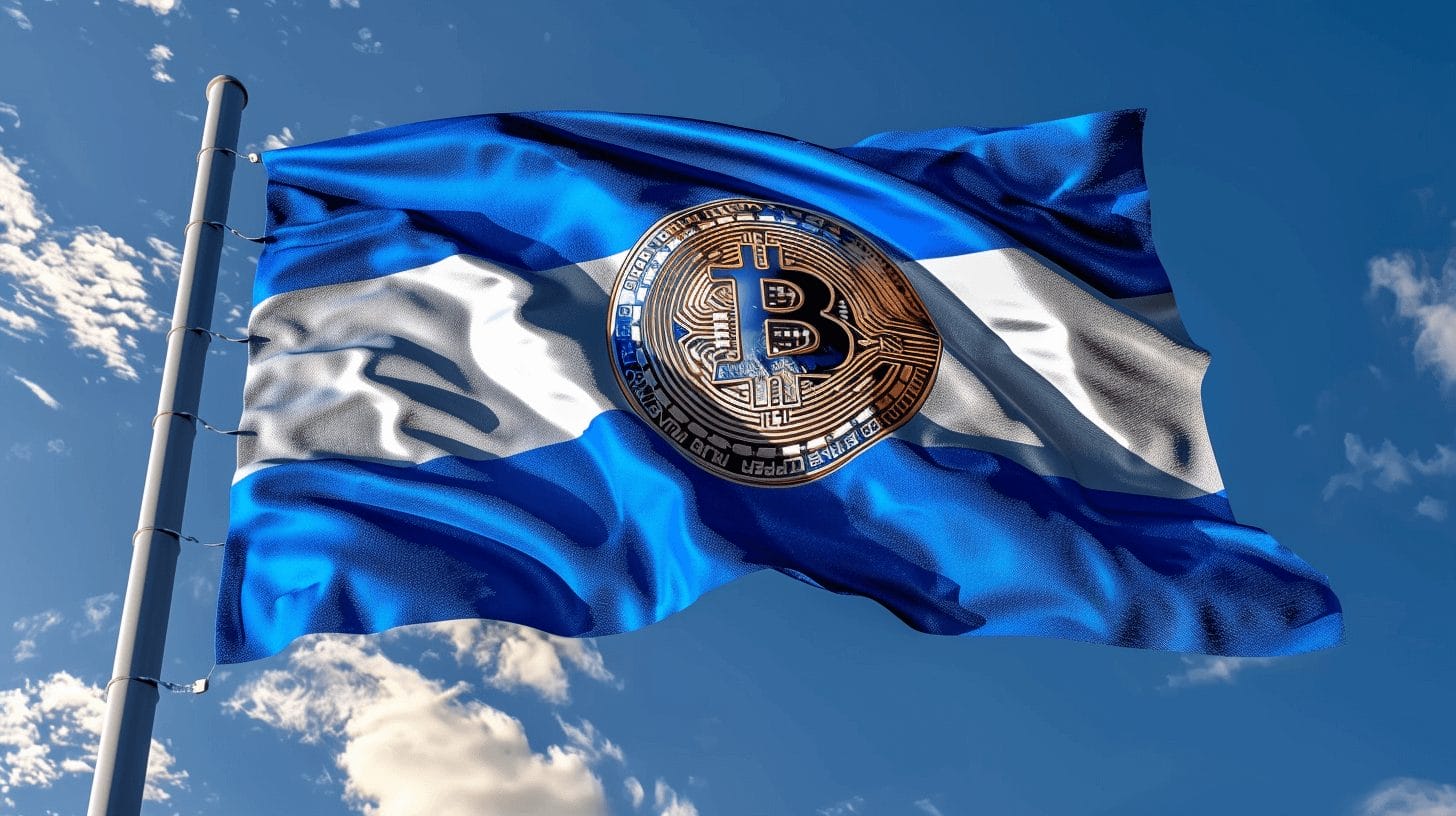The International Monetary Fund (IMF) has recently advised El Salvador to review its Bitcoin policies and enhance its cryptocurrency regulations in order to stabilize its economy and promote growth-focused reforms. Julie Kozack, the director of the IMF’s communications department, highlighted the collaboration between IMF staff and Salvadoran officials to establish a new program to support this initiative. By following the IMF’s recommendations, El Salvador could potentially attract foreign investment, foster sustainable growth, and create a more stable economic environment. However, failure to act on these suggestions may slow down the country’s economic recovery and introduce uncertainty into the cryptocurrency market.
In ongoing discussions with El Salvador, the IMF has stressed the importance of enhanced risk management concerning Bitcoin. Kozack outlined recommendations such as narrowing the scope of El Salvador’s Bitcoin law, bolstering regulatory oversight, and reducing the government’s exposure to Bitcoin to mitigate potential risks associated with using Bitcoin as a legal tender. By implementing these measures, El Salvador can work towards creating a more secure economic framework while ensuring responsible and sustainable cryptocurrency practices. Additionally, the IMF commended El Salvador’s budget proposal for 2025 as a positive step towards improving public finances, which could lead to a more stable financial environment and support economic growth.
Despite the positive aspects of El Salvador’s Bitcoin adoption, the IMF has expressed concerns about the decision to adopt Bitcoin as legal tender back in September 2021. The IMF warned about Bitcoin’s volatility potentially causing financial instability and highlighted the lack of consumer protections in cryptocurrency transactions. While major risks have not materialized as of August 2024, the IMF continues to stress the importance of improving transparency and risk management related to Bitcoin. Failure to address these concerns may result in ongoing economic challenges and reduce El Salvador’s chances of securing future international financial support. Aligning with the IMF’s recommendations could position El Salvador as a global example for integrating cryptocurrencies into national economies while maintaining financial stability.
In conclusion, El Salvador’s response to the IMF’s guidance will play a crucial role in shaping its financial stability and could impact the future of cryptocurrency regulations across the region. By following the IMF’s recommendations to enhance risk management and address concerns related to Bitcoin adoption, El Salvador can pave the way for sustainable economic growth, attract foreign investment, and set an example for responsible cryptocurrency integration. Ultimately, the collaboration between the IMF and Salvadoran officials aims to stabilize the country’s economy, make necessary adjustments, and promote growth-focused reforms to ensure a stable and prosperous future for El Salvador in the digital asset market.











